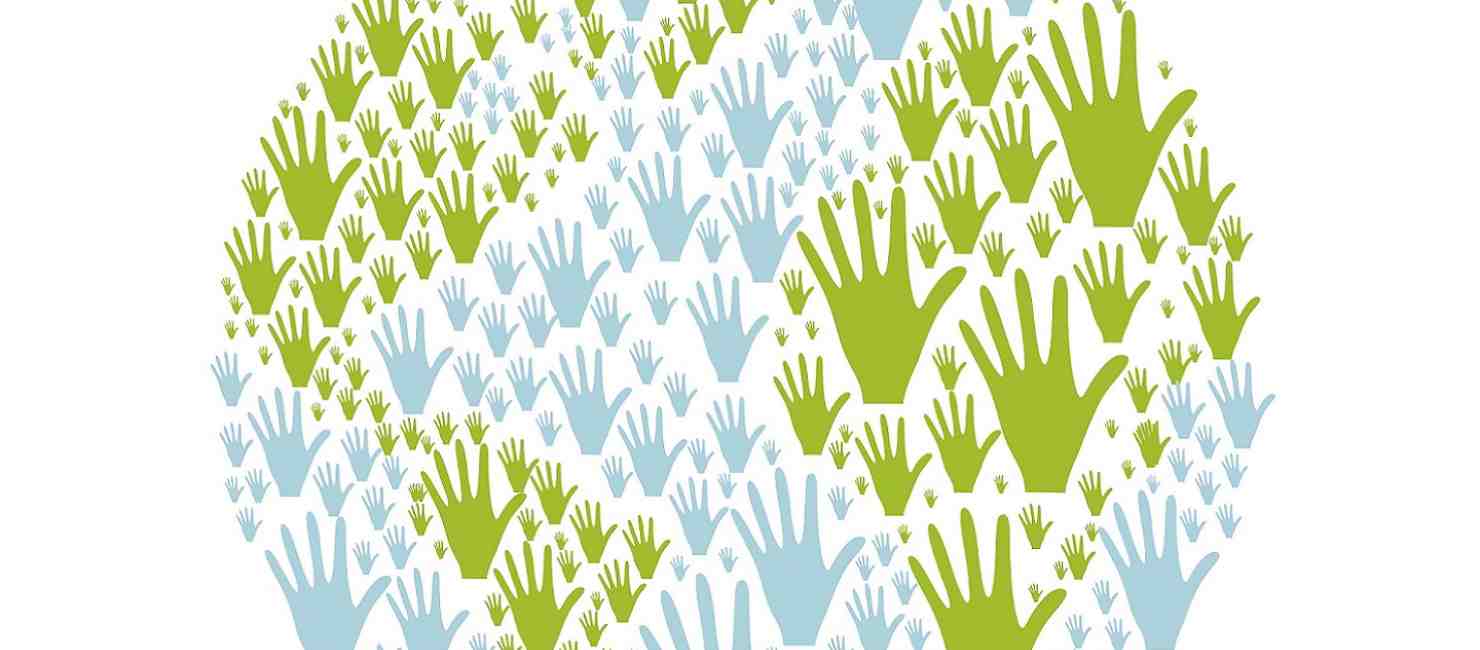Is it considered sexual abuse if my drunk brother-in-law "tickles" my 7 year old nephew on his penis and on his butt?
Dear Stop It Now!,
My sister told me that her drunk husband was tickling his 7 year old son by putting his hand down the back of my nephew’s pants and tickling between the butt cheeks and also down the front on his penis. She stated that he has done this several times before and referred to it as "goosing". When she got mad, he said that there was nothing wrong with it and that his father did it to him when he was little. My sister is American and her husband is Mexican; she thinks this might be a "cultural" thing. During the most recent incident, he was drunk and it scared my nephew, making him scream and cry and want to get away from his dad. Is this considered sexual abuse?

Dear Concerned Aunt,
I’m glad that you are checking out your concerns on behalf of your nephew’s safety.
Warning Signs
It does sound possible that your brother-in-law’s behaviors are Signs That an Adult May Be At-Risk to Harm a Child. While cultural differences can sometime confuse the identification of warning signs, there are two very important things you shared about these incidences: 1) the adult was drunk with his young son while engaged in this behavior and 2) your nephew was visibly very disturbed by this behavior and wanted it to stop. So, even if this kind of play is the type of play your nephew’s father experienced in his family as a little boy, he is putting his son at risk by engaging in this behavior.
Increased vulnerability for abuse
Children learn appropriate boundaries from the adults who care for them. They further learn what behaviors are ok and what possible unsafe and dangerous ones are. When they have the experience that their “no” is ignored, they begin to learn that adults can do anything to them and that it is useless to say “no” or “stop”. This contributes to a child becoming more vulnerable to sexual abuse. So, even if this little boy’s father is not intentionally sexually abusing his son, he is putting him at risk.
Talking about the concern
I want to emphasize that it is very important that safety be the priority in any planning and action steps moving forward. Your sister may have some difficult decisions in front of her on how to deal with her husband’s behavior in order to keep her children safe. Our guidebook, Let’s Talk does help adults plan out conversations with an adult who worries them with their behaviors towards children. Please share this guidebook with her, and if safety allows for such a conversation, I would suggest that she have a trusted adult join her in talking with her husband.
This conversation doesn’t have to be one of blame or anger. It certainly can acknowledge that this man’s childhood experience was different from your sister’s experience, but then I would be sure to add that the reason for the conversation is because of the love and care felt for both his son and for him, and that protecting the children and the family from harm is the priority.
Again, this man’s condition (drunk) puts him at risk with his children if he is engaging in any type of activity with them, and perhaps that is another factor that needs to be addressed. Does this man know that his son is afraid of him? Perhaps, if phrased in a compassionate way, this can be shared with him while asking him for his commitment to his son’s well-being.
I hope this information is helpful. Please do not hesitate to contact us back (or to have your sister or her husband contact us) with any additional questions or concerns. I hope for the very best outcome for this little boy. I hope his family is able to place strong safety planning on the top of their priority list, and I hope you will look at our links below to support safety planning in the family.
Take care,
Stop It Now!
Feedback:
Please share your feedback on this question
Last edited on: June 1st, 2021

